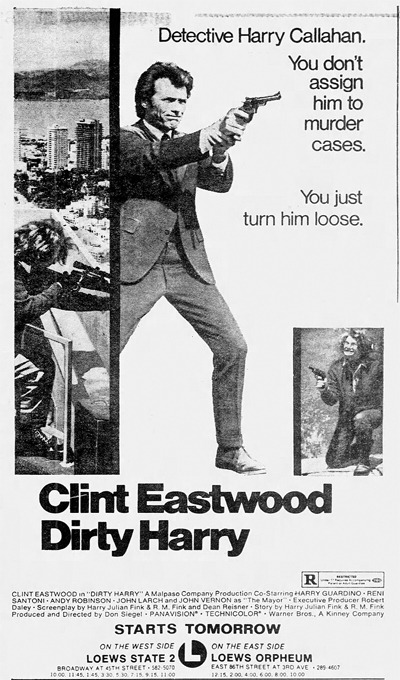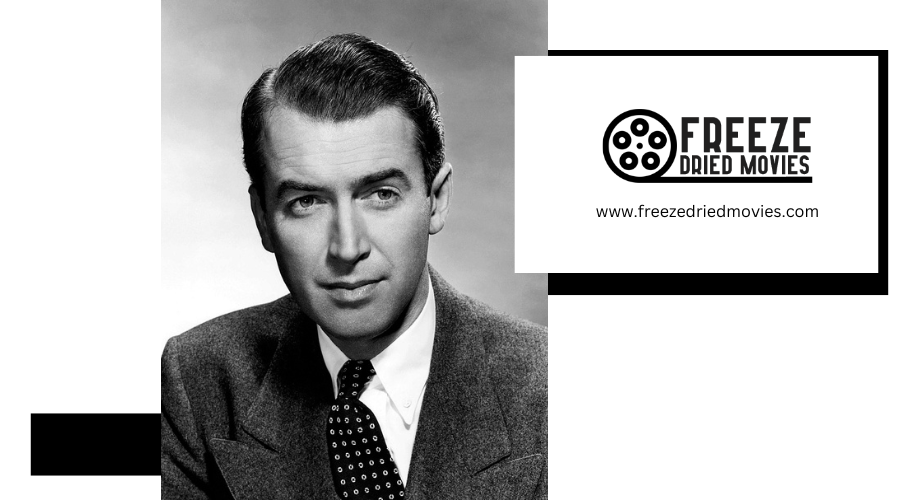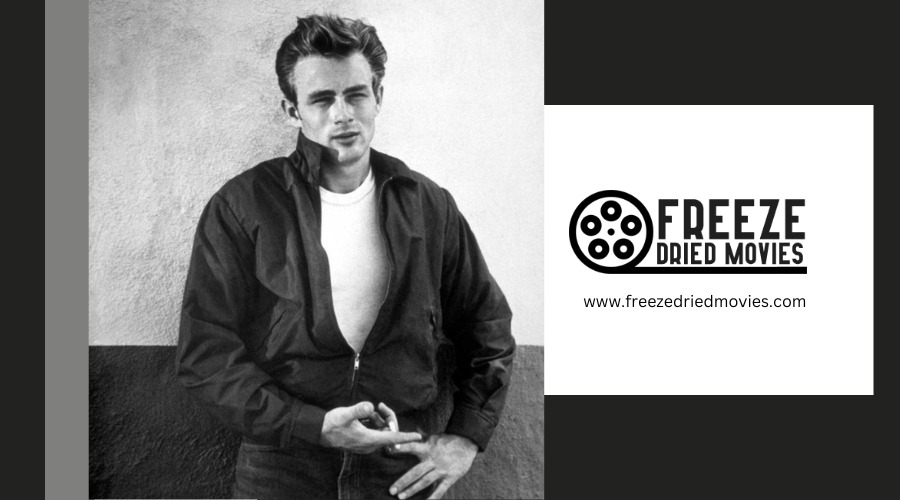Clint Eastwood: From TV Cowboy to Big-Screen Legend

You'll embark on how Clint Eastwood evolved from a steelworker's son to a Hollywood legend. After odd jobs and military service, he landed his breakthrough role in TV's "Rawhide," then skyrocketed to fame in Sergio Leone's Spaghetti Westerns. He redefined action movies as Dirty Harry and transitioned into an Oscar-winning director. His expedition from TV cowboy to acclaimed filmmaker showcases one of entertainment's most exceptional changes.
The Early Years: From San Francisco to Hollywood Dreams
How does a steelworker's son from San Francisco become one of Hollywood's most iconic figures? For Clint Eastwood, the expedition began in 1930, where his humble beginnings in the Bay Area would shape his path to stardom.
Before you'd see him on your television screen as Rowdy Yates, Eastwood wasn't afraid to get his hands dirty. He took on odd jobs, from logging to truck driving, all while nurturing his acting dreams.
After being drafted into the Army and serving at Fort Ord, he set his sights on Hollywood. The move to Los Angeles in the 1950s initially brought small, uncredited roles, but his persistence paid off. His breakthrough role came in 1958 when he landed the part in the television series "Rawhide," evolving him from a struggling actor into a recognizable star. Like fellow actor James Dean, he started his career with small TV appearances, including commercials, before making it big in Hollywood.
Breaking Through: Rawhide and the Spaghetti Western Era
The metamorphosis of Clint Eastwood from TV cowhand to international film icon began with "Rawhide," where he spent six years riding the dusty trails as Rowdy Yates. You'll find this television series was just the beginning of his epic voyage.
It wasn't until Sergio Leone cast him as the "Man with No Name" in his pioneering Spaghetti Western trilogy that Eastwood's career truly exploded. Through A Fistful of Dollars, For a Few Dollars More, and The Good, the Bad and the Ugly, you're watching an actor who revolutionized the Western genre with minimal dialogue and maximum impact. His subtle gestures and steely gaze spoke volumes, creating a new kind of screen hero.
This success paved the way for his directorial debut in 1971 with Play Misty for Me, launching yet another chapter in his storied career. Unlike John Ford's collaborations with John Wayne, Eastwood's partnership with Leone created a grittier, more morally ambiguous take on the American Western.
The Rise of an Icon: Dirty Harry and Action Stardom

Launching himself into a new domain of stardom, Clint Eastwood redefined Hollywood's action genre with his unforgettable portrayal of Inspector Harry Callahan in 1971's "Dirty Harry." You'll recognize the character's steely determination and controversial approach to justice, which struck a chord with audiences and critics alike.
What made Dirty Harry a cultural phenomenon:
- Eastwood's iconic performance as Harry Callahan, wielding his .44 Magnum with steadfast masculine authority
- The character's tough-guy persona and memorable catchphrase "Do you feel lucky, punk?"
- The film's box office success, leading to four successful sequels over two decades
- The controversial themes of vigilantism and law enforcement that sparked nationwide debate
This career-defining role cemented Eastwood's status as Hollywood's premier action hero and leading man, opening doors for his continued success in similarly gritty, complex characters. Like Humphrey Bogart's noir heroes, Eastwood's Callahan exemplified the morally ambiguous protagonist navigating a corrupt urban landscape.
Behind the Camera: Establishing a Directorial Legacy
While honing the art of commanding scenes in front of the camera, Clint Eastwood quietly nurtured his passion for storytelling from a director's chair. Having learned from experts like Sergio Leone and Don Siegel, he took his first step behind the camera with 1971's "Play Misty for Me."
Through his production company, Malpaso Productions, you'll find that Eastwood's legendary work ethic translated into directing over 40 diverse films.
His voyage from actor to filmmaker has solidified Eastwood's place among Hollywood's elite directors. You'll see his masterful touch in Oscar-winning achievements like Unforgiven and Million Dollar Baby, where he often pulled double duty as both director and star.
What makes his legacy particularly exceptional is how he's managed to maintain creative control while consistently providing critically acclaimed films across multiple genres.
Masterworks and Recognition: Oscar-Winning Achievements
View this post on Instagram
Throughout his illustrious directing career, Clint Eastwood has amassed an impressive collection of Hollywood's highest honors, including four Academy Awards that showcase his expertise both behind and in front of the camera. His versatility as a director shines through his adept handling of diverse genres, maintaining his signature style across each project.
You'll find Eastwood's Oscar-winning achievements include:
- Best Director for the gritty Western "Unforgiven" (1992)
- Best Director for the emotional sports drama "Million Dollar Baby" (2004)
- A prestigious Lifetime Achievement Award (1995)
- An astounding 41 Oscar nominations for his directed films
His exceptional work continues to garner critical acclaim, with films like "Letters from Iwo Jima" and "Invictus" demonstrating his unwavering commitment to storytelling excellence.


